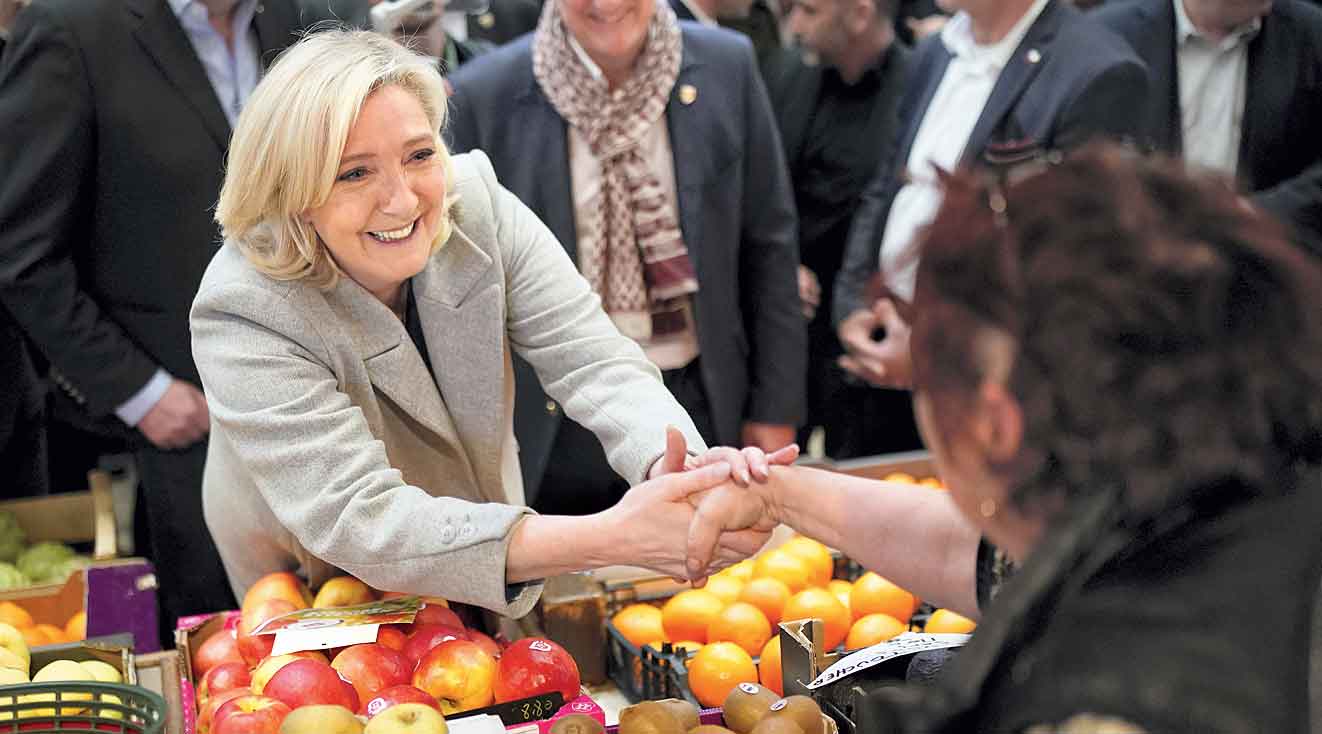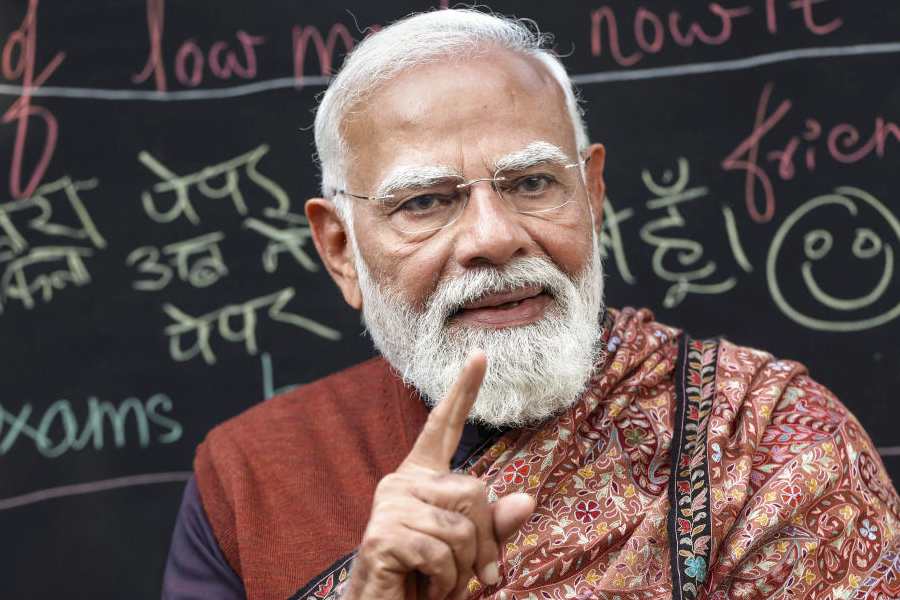Among the unintended consequences of the Russo-Ukrainian war is the abrupt realization that the ‘liberal’ West has a stranglehold over the global media. Whatever may be the rights or wrongs of the decision by President Vladimir Putin to invade Ukraine and wage a war that has had a significant global impact, it is apparent that the information about the conflict is one-sided. Despite investing huge resources in trying to establish a global media presence, Russia has seen itself blacked out of the information networks. Consequently, most of the information or disinformation percolating from Moscow has been filtered through the prism of a new breed of Kremlin watchers who, to say the least, appear to be embedded in either the Western capitals or in Kyiv.
The new Kremlin watchers have presented their perspectives on the Russian military campaign and, most important, on the strategic calculations of Putin. Their first suggestion that Putin is actually a mad man is useful for a propaganda war that seeks to equate the Russian president with Hitler. It is, however, not very enlightening.
A little more useful is the argument that Putin took the plunge on the basis of a belief that liberal democracy in the European Union and in the United States of America is in a crisis. This implied that besides expressing outrage and perhaps coming forward with humanitarian assistance, the West would be paralysed by inaction — just as it was when Russia reclaimed Crimea for itself not all that long ago.
If that indeed was the assumption on which Putin undertook the attack on Ukraine, he appears to have miscalculated. The Western bloc has maintained a unity of purpose and put Russia in grave economic difficulties. Furthermore, NATO has joined a proxy war against Russia, and done quite a lot to supply military hardware to the beleaguered Ukrainian military. This, in turn, has bogged down the Russian offensive and even exposed chinks in Moscow’s armour. Overall, the fierce Russophobia has been politically rewarding for a Europe that once appeared to be drifting aimlessly, not least because there was waning confidence in the US’s continuing ability to play a global role.
France and Germany are the two central pillars on which the EU rests, the United Kingdom having opted out of the intrusiveness of Brussels. Now, a big question mark is beginning to emerge on the resilience of France. Last Sunday’s results of the first round of the presidential election didn’t generate a surprising outcome. As expected, President Emmanuel Macron led the field with 28.6 per cent of the vote, with Rassemblement National party’s Marine Le Pen taking second place with 23.2 per cent. In 2017, the final round had also involved Macron and Le Pen, and the incumbent — then perceived as an instrument of change — had easily prevailed with a whopping 66 per cent of the vote. However, opinion polls indicate that the race could be much tighter on April 24, with Macron’s tally barely above the halfway mark, all within what pollsters admit is within the margin of error.
Election upsets that herald a victory for the outlander isn’t unknown in Western democracies. It would be fair to say that the Brexit triumph in the United Kingdom referendum and Donald Trump’s victory over Hillary Clinton a few months later were largely unanticipated by the pundits. The failure of the media and others to read the tea leaves accurately stemmed largely from its lack of exposure to the very marginalized sections whose experience of economic prosperity and globalization is at odds with the cosmopolitan elite. Traditionally (and unlike India), these sections stayed away from electoral politics and even displayed voting apathy. It was their sudden motivation to vote that tilted the scales in favour of Brexit and Trump. Will this experience be repeated in France later this month?
The question is not without basis. In 2017, Macron, himself an outsider to the political establishment but otherwise the archetypal technocrat, had easily beaten Le Pen by uniting the Centre and Left votes. Although Marine Le Pen was regarded as less unacceptable than her pugnacious father who could never shake off the tag of being a fascist thug, Macron’s reformist zeal was regarded as more virtuous than that of his opponents.
What has changed in 2022 is the polarizing effects of Macron’s bid to modernize France. By undermining the privileged status of the French public sector and making the country more attractive to wealth creators and entrepreneurs, Macron managed to put rapid economic growth on the agenda. However, the shifts also created zones of deprivation and a feeling of being left out among those many of those linked to the old economy. Some of this frustration was captured by the 22 per cent vote for the left-wing Jean-Luc Mélenchon — a French variant of Jeremy Corbyn and Bernie Sanders. Another chunk of 7.1 per cent of the nationalist protest vote was creamed off by Éric Zemmour, who performed much below expectations.
The fact that the French presidential election is still seen as an open contest owes entirely to the fact that Le Pen has the potential to attract the protest vote of both the Right and the Left. To the Right, what counts is her assertion that French national sovereignty must prevail over EU legislation. Her sharp views on immigration and the status of immigrants are in any case too well known for her to even repeat during a campaign. However, for the Left, what seems appealing is her new-found welfare agenda that is specially targeted at the young and the elderly.
The Le Pen challenge may yet fizzle out as France decides she is too much of a risk to take. However, the fact that an overwhelming majority of French voters have exercised the protest option against an incumbent who is inextricably associated with the modernist impulses of the EU is revealing. Maybe it is on this phenomenon, expressed so forcefully by Victor Orbán in Hungary, that Putin had based his belief in European decline. That he chose a wrong issue to use it to his advantage doesn’t negate the reality of a European existential crisis.










